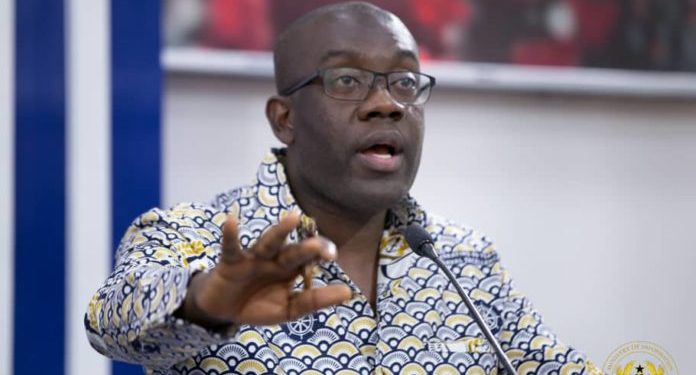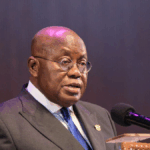Ghana’s political tensions over unemployment flared this week as Minority lawmakers vowed to boycott a crucial national economic forum unless the government reinstates thousands of recently dismissed public sector workers.
Kojo Oppong Nkrumah, Member of Parliament for Ofoase Ayirebi and a prominent Minority voice, issued the ultimatum during a radio interview Thursday, framing the demand as non-negotiable for bipartisan cooperation.
The standoff follows President John Dramani Mahama’s public appeal for opposition leaders to join a proposed National Economic Dialogue aimed at crafting bipartisan solutions to Ghana’s deepening fiscal challenges. Mahama described the forum as a platform to “identify structural reforms” and align on policy priorities to stabilize the economy. However, the Minority has linked its participation directly to reversing controversial layoffs affecting young public sector employees—a move critics argue has exacerbated youth unemployment and strained households.
“You don’t sack young people from jobs they were rightfully hired for, then invite us to dialogue while they sit at home,” Oppong Nkrumah declared on Eyewitness News, emphasizing the Caucus’s stance. “Reinstate them first, and we will join the discussions.” His remarks underscore rising frustrations over the administration’s austerity measures, which the Minority claims disproportionately target vulnerable workers without addressing systemic inefficiencies or corruption.
The dismissals, initially framed as part of broader public sector reforms, have sparked protests and accusations of political bias, with opponents alleging the cuts targeted regions or demographics critical of the ruling party. Analysts note the impasse risks derailing efforts to forge consensus on urgent economic interventions, including debt management and inflation control, as Ghana navigates a liquidity crisis compounded by global pressures.
While the presidency has yet to formally respond to the Minority’s demand, observers suggest the deadlock reflects deeper rifts in Ghana’s governance. “This isn’t just about jobs—it’s about trust,” said Accra-based financial Journalist Roger A. Agana. “The Minority sees reinstatement as a gesture of goodwill. Without it, the dialogue becomes another talking shop while families struggle.”
Public reaction remains divided, with some citizens backing the Minority’s push for accountability and others urging parties to prioritize broader economic survival over political brinkmanship. As pressure mounts ahead of the proposed forum, the government faces a delicate balancing act: addressing opposition concerns without appearing to capitulate, while ensuring the dialogue’s credibility as a tool for national recovery.
The situation leaves Ghana at a familiar crossroads—where economic policy and political rivalry collide, and the stakes for ordinary citizens grow sharper by the day.
- President Commissions 36.5 Million Dollars Hospital In The Tain District
- You Will Not Go Free For Killing An Hard Working MP – Akufo-Addo To MP’s Killer
- I Will Lead You To Victory – Ato Forson Assures NDC Supporters
Visit Our Social Media for More




